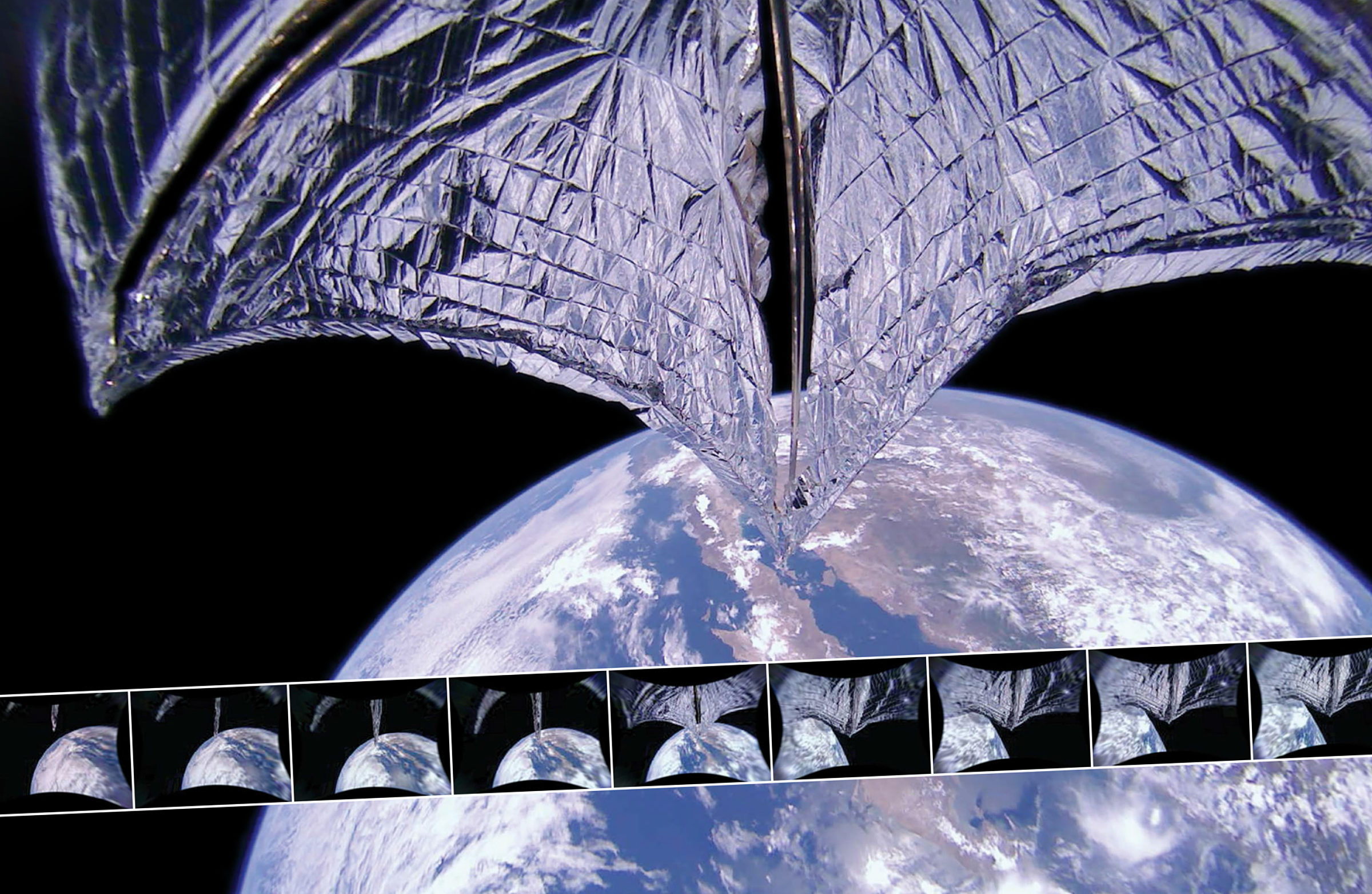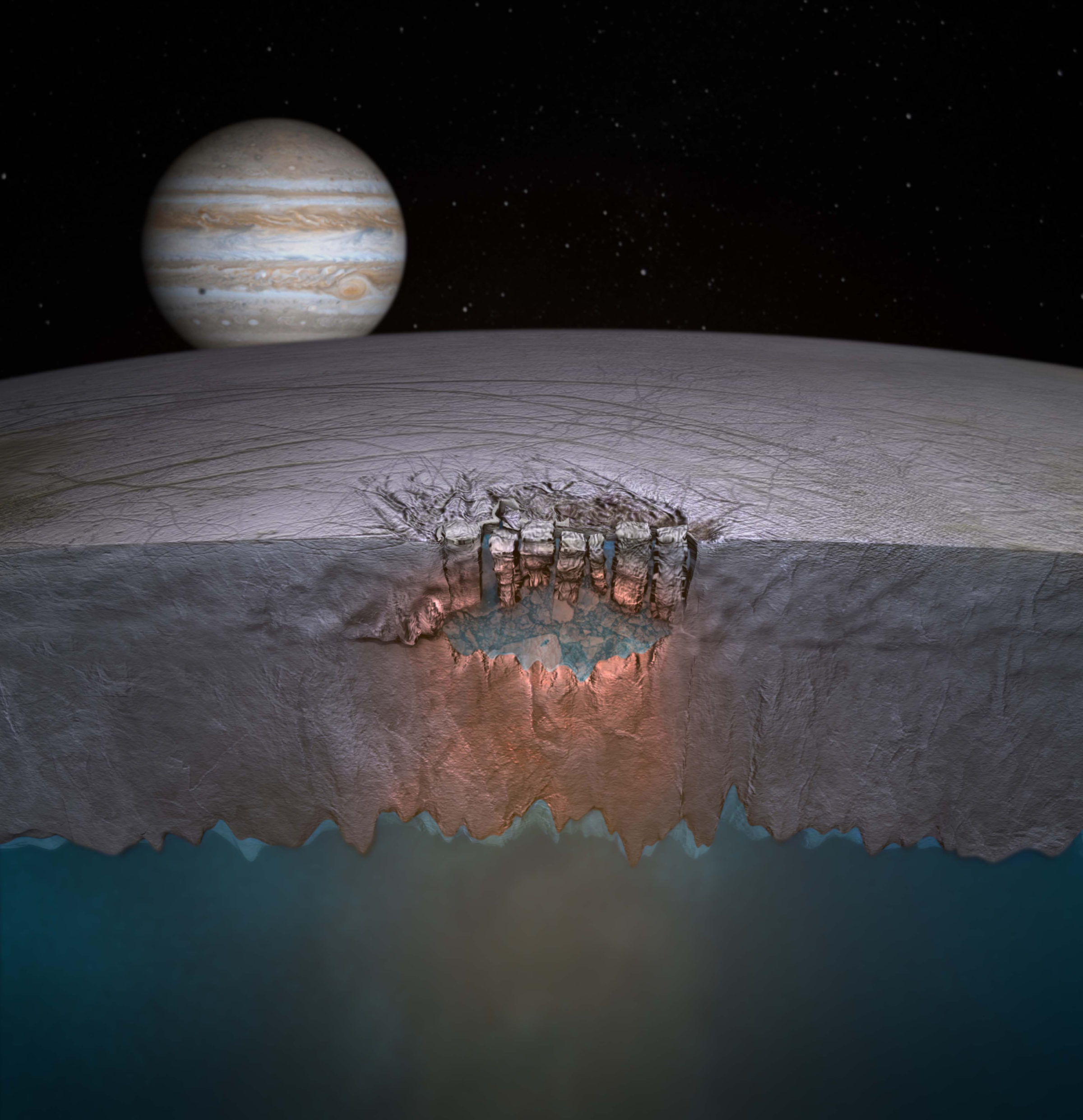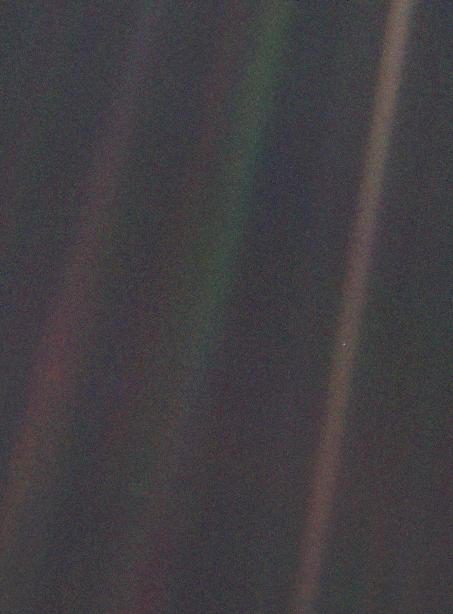Casey Dreier • Nov 27, 2019
This Holiday Season, Avoid the Politics and Talk Space Instead
In an increasingly polarized political world, a familial gathering at Thanksgiving or other holiday dinners can easily veer into political arguments and heated debates. Data bear this out: average Thanksgiving visits decreased by an average of 30 minutes after the elections of 2016.
Fortunately, as a member and supporter of The Planetary Society, you know that space brings us together. So if you're expecting to gather with extended family on this holiday season, avoid the politics. Instead, here are 5 conversation topics that can inspire and engage everyone.
There is a spacecraft orbiting Earth that is sailing on sunlight

No holiday gathering is complete without discussing LightSail—The Planetary Society's crowd-funded, independently made cubesat that launched earlier this year. Just as sailboats use wind to cross the seas, so does LightSail use photons to control its orbit around Earth.
LightSail is an example of a new kind of spacecraft: one not made by governments but by people working together (approximately 50,000 of them!) to fund and build a low-cost, experimental mission. What is the future of these types of spacecraft? How will this democratization of space impact the future of exploration? What could be possible if spacecraft don't depend on limited sources of fuel, but instead can rely on endless sunlight for propulsion?
Share your space life goals
What Are Your Space Life Goals? What would you put on your ultimate list of space goals? Submit your ideas and help build the ultimate space life list at https://www.planetary.org/spacegoals
Space exploration is far more than an abstract concept. It has an experiential—often reverent—nature that engages profound qualities of human experience. These moments of joy, excitement, and awe are what bring us together in a shared sense of purpose at The Planetary Society.
Very few of us have ever been to space (so far!). But that doesn't mean we can't find ways to experience something special about space. That's why The Planetary Society is asking for your space life goals. For some people that means catching the adrenaline rush of a rocket launch; for others it's the quiet intensity contemplating their place in space when viewing a single image capturing thousands of galaxies. For others, it's snagging one of those tickets into space.
What are your space life goals? And what are those of your family and friends?
There are oceans of liquid water in our own solar system that could host life

Water is everywhere in our solar system, even on distant moons orbiting the colossal outer planets. Water is necessary for life as we know it. Moons like Europa (at Jupiter) and Enceladus (at Saturn) may have water in contact with a rocky core, energy, and nutrients necessary for life as well. NASA is building a spacecraft, the Europa Clipper, that will help pave the way for further life-detection missions in the outer planets.
What would it mean if we found life floating (or swimming?) around in the dark oceans of distant moons? How would it change our understanding of biology? Would it provide new insights into medicine? What would be the philosophical implications of discovering a "second genesis" of life in our own solar system, and of the likelihood that life exists elsewhere?
How could we stop an asteroid coming to hit Earth?
We live in a cosmic shooting gallery. There are tens of thousands of asteroids and comets orbiting the sun, and some of them have orbits that cross that of Earth's. On the occasion that one of these hits our planet, they can cause mass extinction events (like the dinosaurs), severe climatic catastrophe, the flattening of entire cities, and widespread property damage.
So if there's one thing that everyone can agree on, it's that getting hit by a massive asteroid would be bad. Fortunately, asteroid impacts are the only large-scale natural disaster that we can prevent. Novel ideas to do this include gravity tractors, slamming something big into an asteroid to alter its trajectory, and swarms of small spacecraft with lasers.
But we have to find them first. Professional and amateur astronomers around the world are searching the skies, and NASA just announced that it will build a dedicated space telescope to search for hazardous NEOs. Is that a worthy investment by the world? Who should look for asteroids and which countries should have responsibility for deflecting one if it's on a collision course for Earth? How much of our survival should depend on luck, and how much should we invest into ensuring we are safe from such disasters?
We live on a mote of dust in a vast cosmic ocean, and the only comfort we have is each other

Space is big. Very big. Bigger-than-words-can-express big. So far, in all of our searching, Earth is the only place we know of that has life, and we are the only species that have evolved to have high intelligence and technology. The Hubble Space Telescope helps give some perspective, and the upcoming James Webb Space Telescope (launching in 2021) will be able to look even further back in space and time.
While space is so big that, statistically speaking, there may be other intelligent life out there, it's very possible they could be so far away that we will never communicate with them, much less visit. It's also possible we humans are the only ones out here. While it may be an awful waste of space, there's no reason that the cosmos should bend to our desires. People are listening and looking for signals, but there is no data yet.
Either way, the only thing you know for sure is that you exist right here and right now. This moment is guaranteed, but that's it. When you share a meal with friends and family, they are the only humans in the entire universe like them, and you the only human in the universe like you. Why ruin that with politics? Take the cosmic perspective. Enjoy the meal.
Let’s Go Beyond The Horizon
Every success in space exploration is the result of the community of space enthusiasts, like you, who believe it is important. You can help usher in the next great era of space exploration with your gift today.
Donate Today

 Explore Worlds
Explore Worlds Find Life
Find Life Defend Earth
Defend Earth


